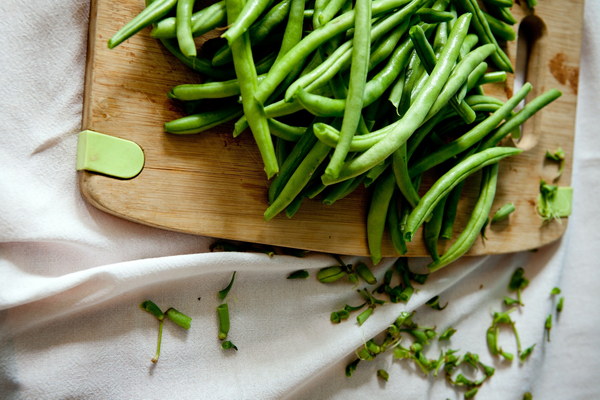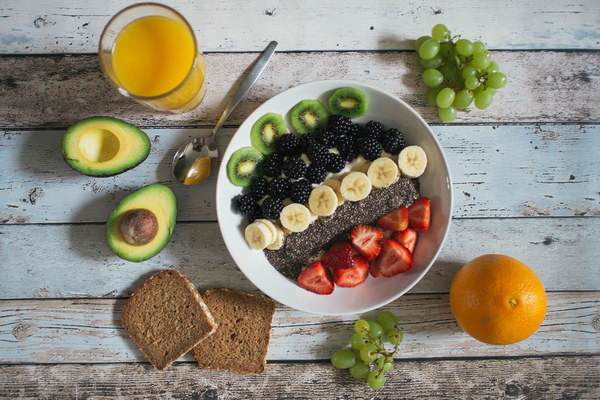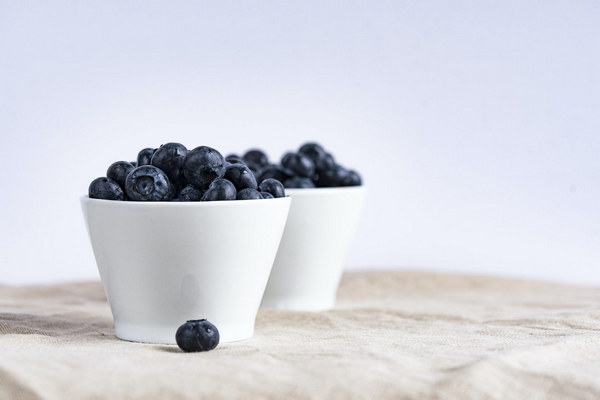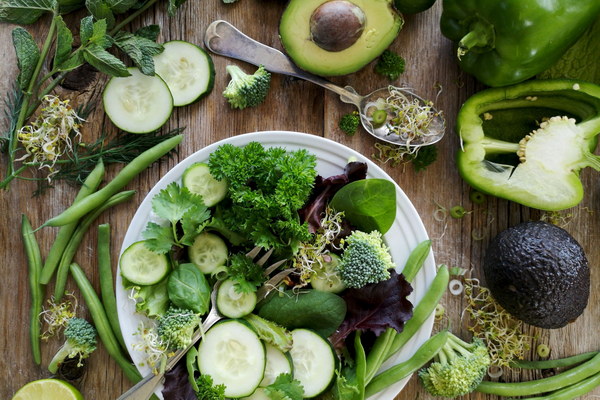Nourishing Your Heart A Comprehensive Guide to Dietary Supplements for Poor Blood Circulation
Poor blood circulation, also known as peripheral arterial disease (PAD), can lead to a variety of health issues, including heart disease. Ensuring that your heart receives adequate blood flow is crucial for maintaining cardiovascular health. While medication and lifestyle changes are essential, dietary supplementation can also play a significant role. This article delves into the world of heart-healthy foods and nutrients that can help improve blood circulation and support overall heart health.
1. Omega-3 Fatty Acids
Omega-3 fatty acids are well-known for their heart-protective benefits. Found in foods like fatty fish (salmon, mackerel, sardines), flaxseeds, chia seeds, and walnuts, these essential fats can help reduce inflammation and lower triglyceride levels, which are associated with an increased risk of heart disease.
2. Nuts and Seeds
Nuts and seeds, such as almonds, walnuts, chia seeds, and flaxseeds, are rich in healthy fats, protein, and fiber. They can help improve blood cholesterol levels, reducing the risk of atherosclerosis, which is the buildup of plaque in arteries that can lead to poor circulation.
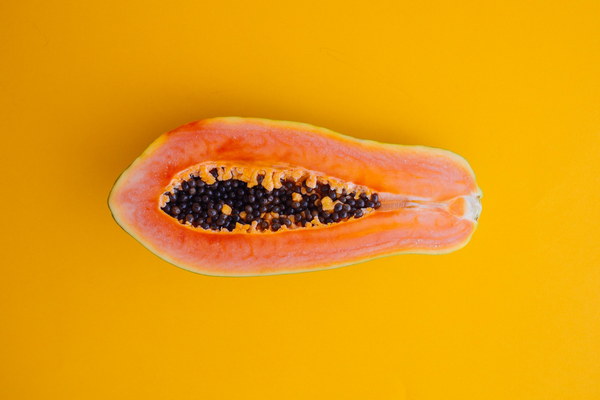
3. Berries
Berries, like strawberries, blueberries, and raspberries, are packed with antioxidants and flavonoids that can improve blood flow. These nutrients help to dilate blood vessels and reduce the risk of blood clots, thereby enhancing circulation.
4. Dark Chocolate
Dark chocolate, with a high cocoa content, contains flavanols that have been shown to improve blood flow and increase blood vessel flexibility. Enjoying a small piece of dark chocolate daily can be a heart-healthy treat.
5. Garlic
Garlic has been used for centuries for its health benefits, and it's no surprise that it's also good for the heart. Garlic can help lower blood pressure and improve cholesterol levels, which can contribute to better blood circulation.
6. Green Tea
Green tea is rich in antioxidants called catechins, which can help improve blood flow and lower cholesterol levels. Incorporating a few cups of green tea into your daily routine can be a simple way to support heart health.
7. Beets
Beets contain nitrates, which can improve blood flow by relaxing and widening blood vessels. They have also been shown to lower blood pressure, making beets a heart-healthy vegetable to add to your diet.
8. Vitamin B12 and Folate
Vitamin B12 and folate are important for maintaining healthy red blood cells, which are essential for oxygen transport. Foods high in B12 and folate include fish, meat, eggs, dairy, leafy greens, and legumes. Ensuring an adequate intake of these nutrients can help prevent anemia, which can lead to poor blood circulation.
9. Potassium
Potassium is a mineral that helps to regulate blood pressure. Foods high in potassium include bananas, oranges, avocados, sweet potatoes, and spinach. Balancing sodium and potassium intake is key to maintaining healthy blood pressure and, subsequently, good circulation.
10. Hydration
Proper hydration is essential for overall health, including heart health. Dehydration can lead to thickened blood, which makes it harder for the heart to pump and can impair circulation. Aim to drink plenty of water throughout the day to keep your blood flowing smoothly.
Conclusion
While no single food or nutrient can cure poor blood circulation, incorporating these heart-healthy foods into your diet can significantly improve your cardiovascular health. Remember that dietary changes should be part of a holistic approach to heart health, including regular exercise, stress management, and medication adherence if prescribed by a healthcare professional. Always consult with a doctor or a registered dietitian before making significant changes to your diet to ensure they are appropriate for your individual health needs.
